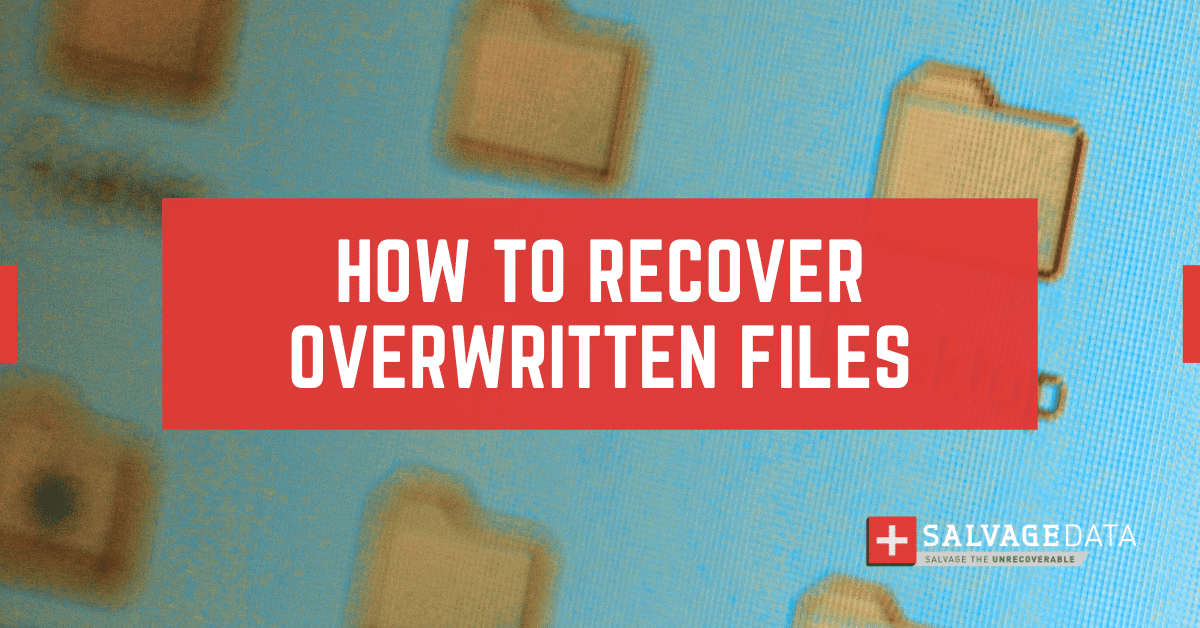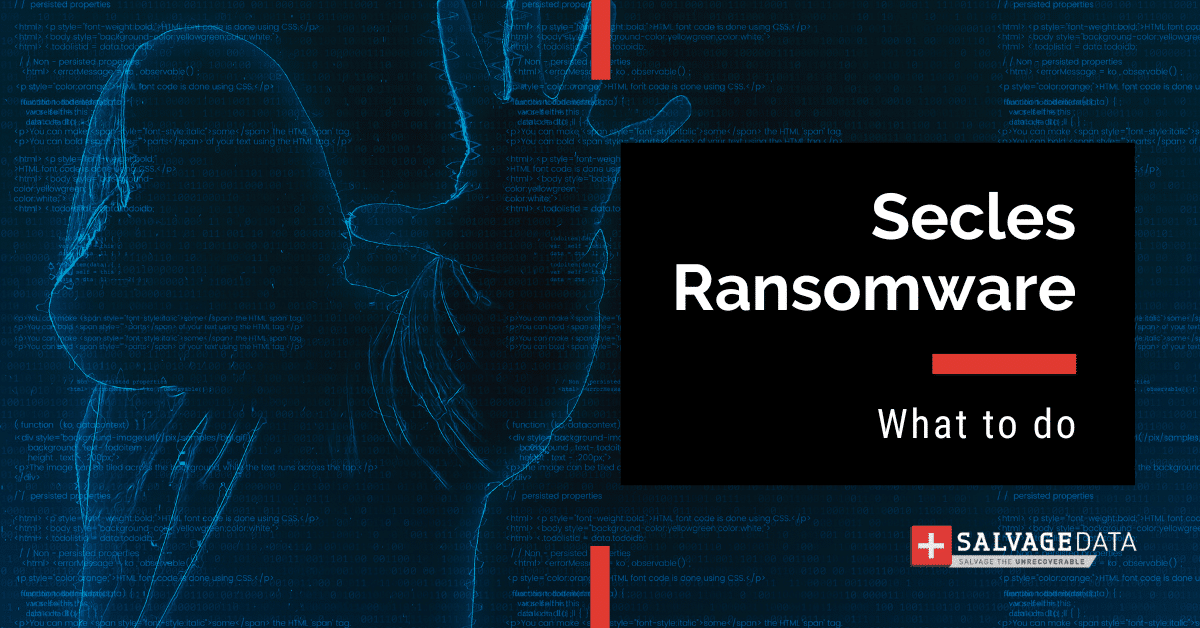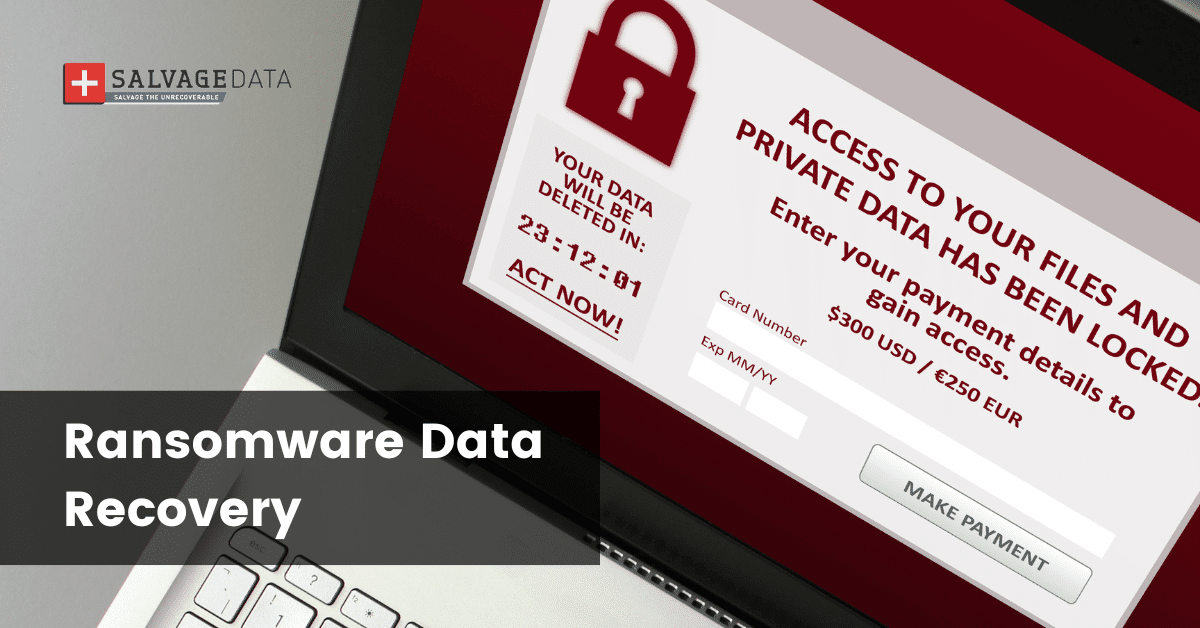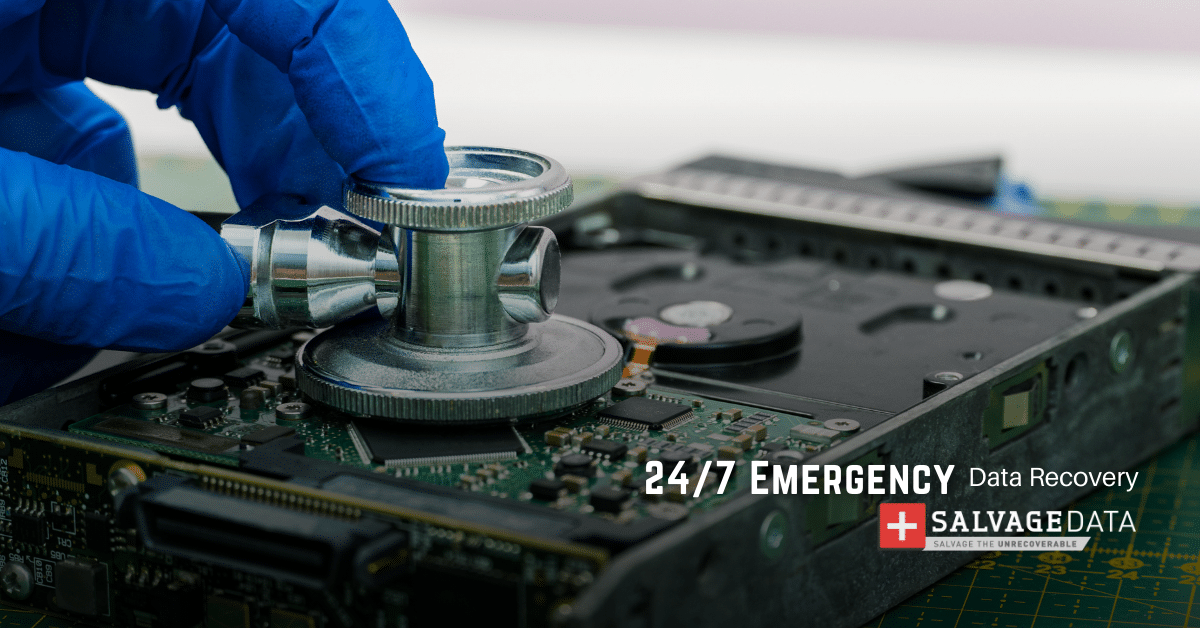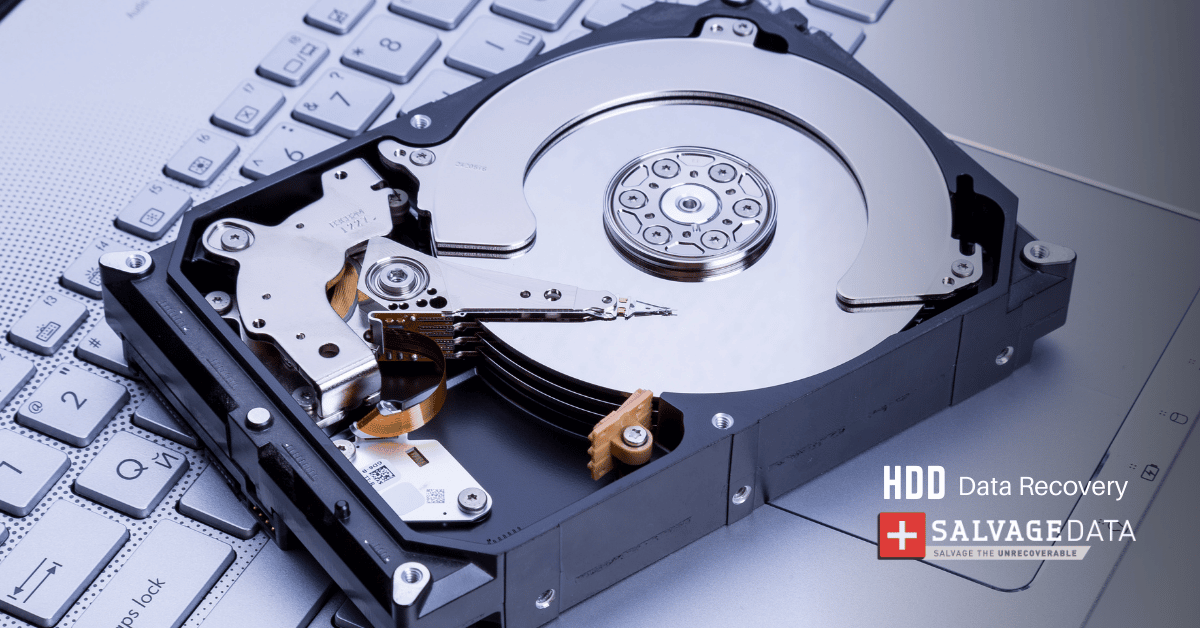Recent Articles
How To Recover Overwritten Files
The Snowflake Data Breach: A Comprehensive Overview
Mac Not Recognizing External Hard Drive: Quick Fix Solutions
How Multi-Cloud Backup Solutions Can Prevent Data Disasters
Capibara Ransomware: What is it & How to Remove
What Should a Company Do After a Data Breach: The Ticketmaster Incident
Secles Ransomware: Removal Guide
What To Do When Your Chromebook Freezes
How to Create Hyper-V Backup
What Is The Best Data Recovery Software For PC

I think there's an issue with my storage device, but I'm not sure Start a free evaluation →
I need help getting my data back right now Call now (800) 972-3282
What is EncryptoJJS Ransomware?
EncryptoJJS Ransomware is the ransomware that was first spotted in the wild in August 2019. It is a variant of the EncrypTile Ransomware and uses the same methods to encrypt files on the victim’s computer. Unlike EncrypTile, however, EncryptoJJS uses the AES-256 encryption algorithm instead of the RSA encryption algorithm.
When EncryptoJJS Ransomware encrypts a file, it appends the “.encrypted” extension to the encrypted file’s name. For example, if a file named “test.jpg” is encrypted by EncryptoJJS, it would be renamed to “test.jpg.encrypted”.
EncryptoJJS Ransomware encrypts files on the victim’s computer and then demands a ransom be paid to decrypt the files. The ransom note, which is displayed after the encryption process is complete, provides instructions on how to pay the ransom and includes a unique ID that is specific to the victim’s computer.
EncryptoJJS Ransomware uses the AES-256 encryption algorithm, which is a strong encryption algorithm that has not been successfully cracked. This means that victims who do not have backups of their encrypted files are unlikely to be able to recover them without paying the ransom.
How much is the EncryptoJJS Ransomware ransom?
The ransom demanded by EncryptoJJS Ransomware is 0.05 Bitcoin, which is currently equivalent to around USD 500. This is a relatively small ransom amount, especially when compared to other ransomware variants that typically demand several thousand dollars.
However, even though the EncryptoJJS Ransomware ransom is relatively small, paying it is not recommended. This is because there is no guarantee that the attackers will provide the decryption key after receiving payment. Additionally, paying the ransom only encourages the attackers to continue their malicious activities.
Protection
There are several things you can do to protect yourself from EncryptoJJS Ransomware and other ransomware infections:
-Install and maintain reliable anti-virus/anti-malware software: This software will help to protect your computer from EncryptoJJS Ransomware and other malware infections. It is important to keep this software up-to-date to ensure that it can effectively protect your computer from the latest threats.
-Enable file backups: File backups provide an extra layer of protection against EncryptoJJS Ransomware and other ransomware infections. If attackers infected your computer with EncryptoJJS Ransomware, you will be able to restore your files from backup after paying the ransom.
-Don’t open email attachments from unknown senders: Email attachments are one of the most common ways that EncryptoJJS Ransomware and other malware infections are spread. It is important to be cautious when opening email attachments, especially if they come from someone you don’t know.
-Don’t click on links from unknown sources: they can spread EncryptoJJS Ransomware and other malware through malicious links. It is important to be cautious when clicking on links, especially if they come from someone you don’t know or from an unknown source.
-Practice safe browsing habits: EncryptoJJS Ransomware and other malware can be spread through malicious websites. It is important to practice safe browsing habits to protect your computer from these threats. Some things you can do to practice safe browsing habits include avoiding downloading software from untrustworthy websites, not clicking on links from unknown sources, and staying away from adult or gambling websites.
What should you do?
If attackers infected you with EncryptoJJS Ransomware, the first thing you should do is disconnect your computer from the internet to prevent the ransomware from encrypting any more files.
Next, you will need to use a reputable anti-malware program to remove EncryptoJJS Ransomware from your computer. We recommend using SpyHunter 5, which is a powerful anti-malware tool that can easily remove EncryptoJJS Ransomware and other malware from your system.
Once EncryptoJJS Ransomware has been removed from your computer, you can try using data recovery software to recover your files. We recommend SalvageData data recovery software.
Is there a public EncryptoJJS Ransomware decryption tool?
At this time, there is no public EncryptoJJS Ransomware decryption tool available.
Contact a data recovery service
If you are unable to recover your files using data recovery software, you may need to contact a professional data recovery service.
SalvageData Recovery Services:
-Free evaluation
-No recovery, no charge
-Serving customers worldwide since 2003
Contact SalvageData experts right now to get help!

